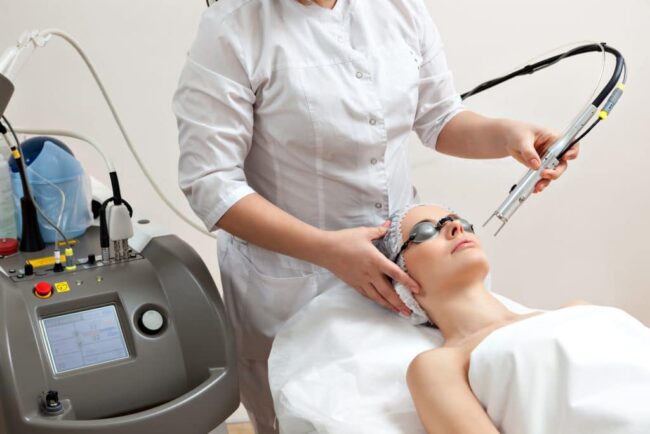The Importance of Routine Maintenance for Cosmetic Laser Equipment in Private Practices
Cosmetic laser equipment plays a pivotal role in enhancing various aesthetic procedures within private practices. To ensure optimal performance and longevity of these sophisticated devices, regular maintenance is key. In the laser source we delve into the significance of routine maintenance for cosmetic laser equipment in private practice settings.
One crucial aspect private practices must consider is the frequency of maintenance for cosmetic laser equipment. Unlike general office equipment, laser devices require more specialized care due to their intricate components. Industry experts recommend regular check-ups and maintenance at intervals determined by the device’s usage, typically every six months to a year.
Routine maintenance serves as a preventive measure against potential issues that may arise with cosmetic laser equipment. By identifying and addressing minor glitches early on, practices can avoid more extensive and costly repairs down the line. Preventive maintenance not only ensures the consistent quality of aesthetic procedures but also minimizes downtime, allowing practices to operate smoothly.

Regular servicing contributes to the overall performance of cosmetic laser equipment. Calibration of laser settings, cleaning of optical components, and updating software are integral parts of routine maintenance. These measures help maintain the precision and efficacy of the equipment, ensuring that patients receive the best possible outcomes from their aesthetic treatments.
Choosing a reputable service provider for cosmetic laser maintenance is paramount. Practices should look for providers with a track record of expertise in servicing the specific make and model of their equipment. Additionally, consider providers that offer flexible scheduling and on-site services to minimize disruptions to daily operations.
Adhering to industry standards and regulations is a crucial aspect of cosmetic laser equipment maintenance. Private practices should ensure that their chosen service provider is well-versed in compliance requirements. This includes following guidelines set by regulatory bodies and manufacturers to guarantee the safety and legality of the procedures performed using the equipment.
While some practices may view routine maintenance as an additional cost, it’s essential to recognize it as a cost-effective approach in the long run. Regular servicing helps avoid unexpected breakdowns, reducing the need for emergency repairs that can be more expensive. Moreover, the extended lifespan of properly maintained equipment outweighs the initial investment in maintenance services.
In conclusion, routine maintenance is not just a recommended practice but a necessity for private practices utilizing cosmetic laser equipment. By incorporating regular check-ups into their operational routine, practices can optimize performance, enhance longevity, and provide a consistent and reliable experience for their patients.